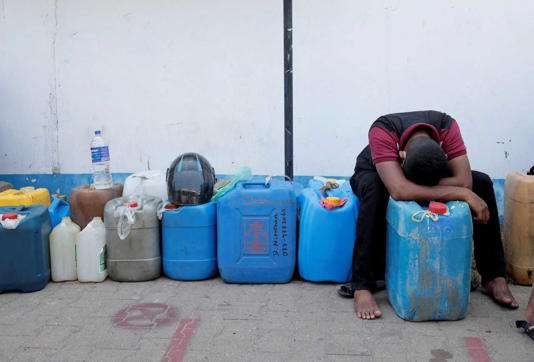Bankrupt Sri Lanka says treasury running dry. On Tuesday, bankrupt Sri Lanka announced significant cuts to government spending and warned that despite significant tax increases, it would hardly have enough money to cover public salaries and pensions.
Following an extraordinary economic crisis that caused widespread suffering last year, the island nation has defaulted on its $46 billion public debt and is currently in talks to receive bailout funds from the International Monetary Fund (IMF).
This week, President Ranil Wickremesinghe ordered a 5% cut in government spending, and on Tuesday, his administration issued a warning that this month’s welfare payments for 1.8 million people living in poverty would be postponed.
“The president informed the cabinet yesterday that the economic crisis this year is going to be worse than what we expected,” government spokesman Bandula Gunawardana told reporters.
Gunawardana stated that the government anticipated that the GDP will continue to drop this year, following an estimated 8.7 percent decline in 2022.
“We will not get the projected tax revenue because this year too the economy will shrink,” he said.
Sri Lanka needs to achieve debt sustainability as a precondition to secure a $2.9 billion IMF loan.
Additionally, the lender has requested that Colombo reduce its 1.5 million-strong public service, drastically increase taxes, and sell off state businesses that are losing money.
Bankrupt Sri Lanka says treasury running dry. Sri Lanka’s attempts to restructure its debt have stagnated because important creditors like China and India have not yet agreed to a “haircut” on their loans to the South Asian country.
On January 1st, personal income and business taxes were doubled in order to boost state revenue. After a 75 per cent tariff hike in August, electricity costs are also rising by another 65 per cent.
The 22 million people in Sri Lanka faced months of food and fuel shortages, ongoing outages, and uncontrollable inflation last year, inciting widespread resentment.
At the height of the crisis, in July, Wickremesinghe took office, replacing his predecessor who had fled the nation after demonstrators attacked his home.
